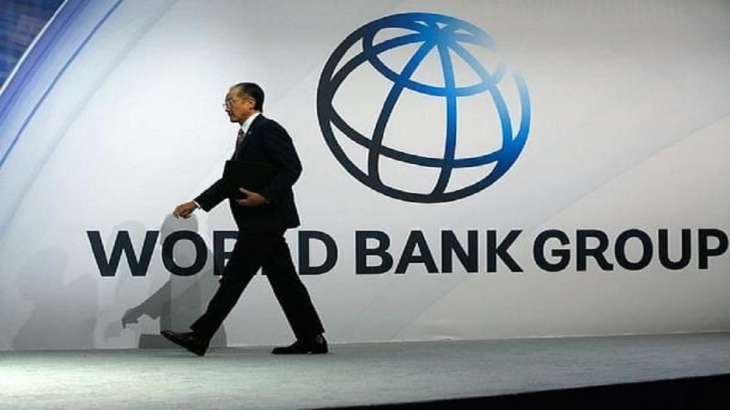
business News: India has moved up six places in the World Bank’s Logistics Performance Index (LPI) 2023 to now rank 38 out of 139 countries on the index, owing to significant investments in soft and hard infrastructure as well as technology.
India was ranked 44th in the index in 2018 and has now climbed to 38th position in the 2023 list. India’s performance has improved significantly since 2014, when it was ranked 54 on the LPI. The government led by Prime Minister Narendra Modi had in October 2021 announced the PM Gati Shakti initiative, a national master plan for multimodal connectivity to reduce logistics costs and boost the economy by 2024-25.
In 2022, the Prime Minister had launched the National Logistics Policy (NLP) for speedy last-mile delivery, eliminating transportation challenges, saving time and money of the manufacturing sector and ensuring the desired momentum in the logistics sector.
These policy interventions are bearing fruit, which can be seen in India’s jump in LPI and its other parameters. As per the report, India’s rank is slated to climb up five places to 47th in the infrastructure score in 2023 from 52nd in 2018. It climbed from 44th in 2018 to 22nd place for international shipments in 2023 and moved up four places to 48th in logistics capacity and parity.
In the timeline, India saw a jump of 17 places in the rankings, while in tracking and tracing it moved up three places to the 38th position. The report cites modernization and digitization as reasons for the leapfrogging emerging economies like India have seen in advanced countries.
The report states: “Since 2015, the Indian government has invested in trade-related soft and hard infrastructure, linking port gateways on both coasts to economic poles in the hinterland.” Public-private partnership of supply chain visibility platform, which contributed to significant reduction in delays.
NICDC Logistics Data Services Ltd applies Radio Frequency Identification Tags to containers and provides consignees with end-to-end tracking of their supply chain. According to the report, the average dwell time for containers between May and October 2022 for India and Singapore was three days, which is much better than some industrialized countries. The dwell time for the US was seven days and for Germany it was 10 days.
The report said: “Emerging economies with the least latency have gone beyond these packages and implemented bold tracking and tracing solutions. India’s very short turnaround time (2.6 days) is an example.
Further the report said: “With the introduction of cargo tracking, the dwell time in the eastern port of Visakhapatnam has dropped from 32.4 days in 2015 to 5.3 days in 2019.” Dwell time is the amount of time a ship spends at a specific port or terminal. It can also refer to the amount of time that a container or cargo spends at a port or terminal before being loaded onto a ship or after being unloaded from a ship. Shipping container ships are operated on schedule and delays at a particular port are felt throughout the service.
The shorter the dwell time, the lower the vessel and sea-terminal operating costs. The LPI covers 139 countries, measuring the ease of establishing reliable supply chain connections and the structural factors that make this possible, such as the quality of logistics services, infrastructure related to trade and transport, and border controls.
“End-to-end supply chain digitization, especially in emerging economies, is allowing countries to reduce port delays by up to 70 percent compared to developed countries. In addition, there is increasing demand for green logistics, which includes 75 percent of shippers are looking for more environmentally friendly alternatives when exporting to high-income countries, the report said.
“While most of the time is spent in shipping, the largest delays occur in ports, airports and multimodal facilities. Policies targeting these facilities can help improve reliability,” said Senior Economist, Macroeconomics, World Bank Group , said Christina Weiderer, trade and investment global practice and co-author of the report.
(With PTI inputs)
Read also: World Bank claims, ‘Pakistan’s inflation rate is estimated to increase to 29.5 percent in FY23’
Read also: The World Bank cut India’s growth forecast this much; Where does Pakistan stand? check here